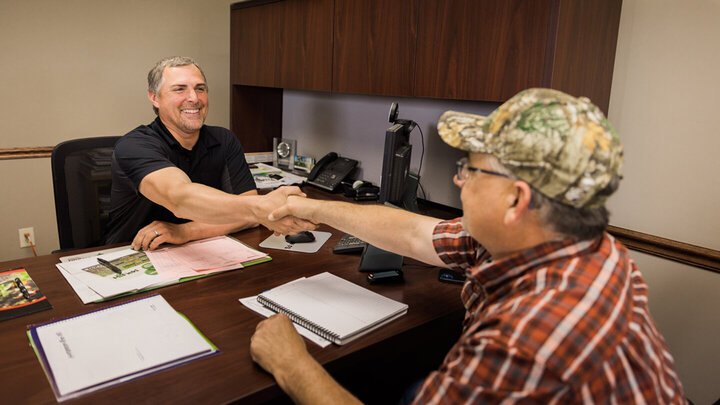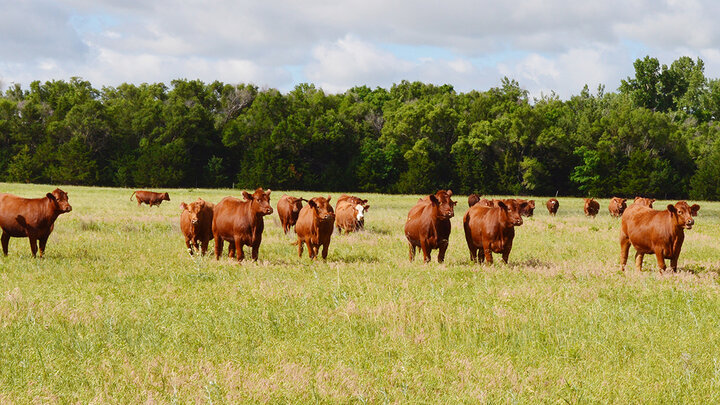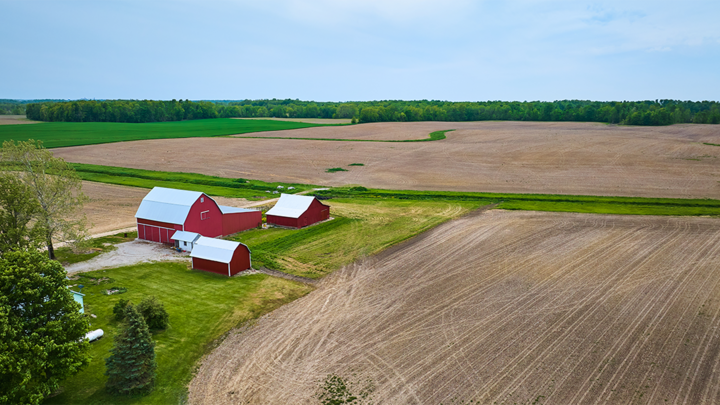In my work with agricultural families, I’m seeing a growing and difficult reality: many farms and ranches today don’t have a successor within the family. While this absence can simplify parts of estate planning, it often creates deeper, more emotional challenges, especially when legacy and identity are tied to the land.
This article is the third in a series supporting farm and ranch owners facing this transition. If you're just joining, I recommend reading the earlier pieces at cap.unl.edu for helpful background. (Part one: Embracing Change and Coping with Loss; Part two: The Question).
Before we dive deeper into planning, we need to establish a team of advisors that you know, like, and trust to help you develop a comprehensive strategy. At minimum this team should include an attorney and a tax professional. Depending on your needs, you might also include a financial advisor, insurance agent, agricultural lender, and any other professionals that will play a role in implementing your plan.
Each advisor brings a unique perspective. One of the biggest mistakes I see is relying solely on an attorney. While legal advice is critical, the best outcomes often result from collaborative input across multiple disciplines. Here are my recommendations for having successful meetings with these advisors.




